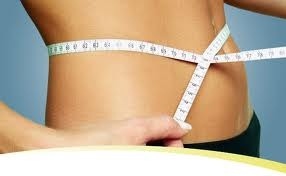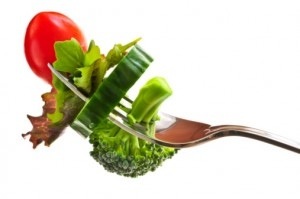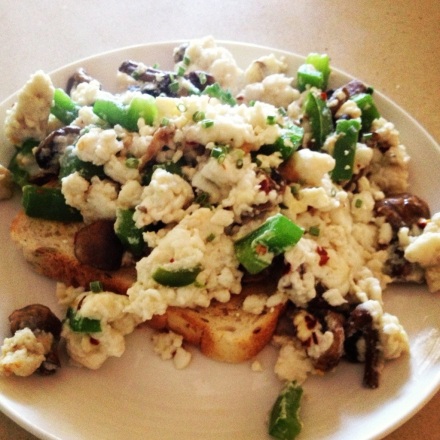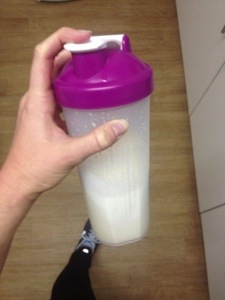Most of us have been there before, where you feel overwhelmed with responsibilities, anxious about a decision or lacking in sleep because something is on your mind. Stress is the reaction to any change that requires an adjustment or response, in a combination of physical, mental and emotional responses.
Now I am a very relaxed person; easy going, not uptight, and fairly happy with most things in life. However, lately I’ve been stressed. I don’t show my stress at first, and carry on with every day life in a regular happy way, until a mix of sleeplessness, fatigue and anxiety becomes too much and I break down (read: tears for no reason and the desire to do nothing but have a nap). This only lasts a day and the next morning I’m up and at ’em with a spring in my step, feeling rather sheepish about my previous lapse in dignity, luckily still having the ability to laugh at myself!
It got me thinking about how stress affects different people, and what stress can do to your body. When continual bouts of stress are unresolved and there is no relaxation in between, we refer to it as ‘distress’ which is a negative stress reaction. Physical symptoms such as headaches, upset stomach, skin problems, elevated blood pressure, chest pain and sleeping problems can become apparent and can also bring on or worsen disease or illness.
When you are suffering from stress, you may find it hard to eat healthily, or have the time to prepare healthy meals. Emotional eating is also often triggered with stress, where food is used for comforting and excess consumption may lead to weight gain. Stress also causes the body to release more cortisol – a stress hormone that that increases sugars in the bloodstream. It also curbs functions that are non-essential such as immunity and digestion, and this stress hormone can cause the body to retain more tummy fat – the dangerous kind around our vital organs. These physical symptoms can be very detrimental to your health and may not be resolved until your stress levels are managed.
It’s not only physical implications but also mental ones, including increased anxiety, worsened depression, lack of motivation or focus and irritability. This can lead some to change their behaviours to overcome their anxiety by means of under or over eating, drug or alcohol abuse and social withdrawal.
These are pretty serious consequences which I urge you all to take care of before things get too bad. But how do you manage stress levels? Physical activity, meditation, yoga and relaxation methods can help to overcome stress, as can a healthy diet and plenty of sleep. Easier said than done, right?
Routine and preparation is really important to manage stress levels during challenging times. Making things as simple as possible might be the answer for you during these times, by eating the same thing each day and sticking to your usual exercise routine. Saying yes to extra plans may not be possible and it is best not to overbook yourself – something I am still combatting! However everyone is different and manages stress in different ways. Me? I like to be busy, I thrive on multitasking, however learning your limits is certainly valuable when it comes to preventing breakdowns (and breakouts!).
If you feel yourself beginning to feel overwhelmed or anxious, take time out – go for a walk, work up a sweat, eat lots of fresh food rather than sugary junk, and ensure you get yourself to bed at a decent hour.
After my breakdown last week, where a mixture of happy and frustrating feelings collided, I had the best sleep I have ever had in my life, falling to sleep in record time, and am now feeling ready to take on the world! (one step at a time, of course…)
How do you manage stress?







